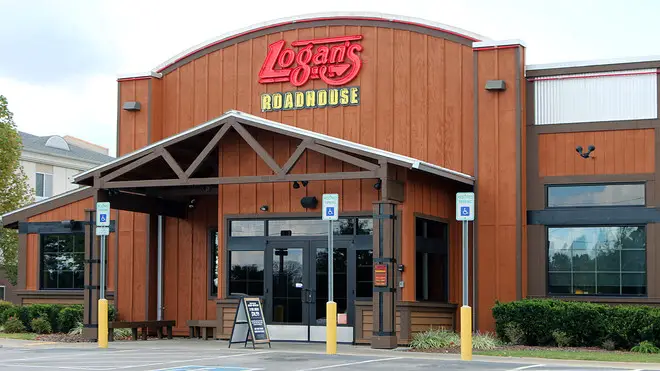The restaurant industry has faced unprecedented challenges in recent years, but few stories are as startling as the closure of Logan’s Roadhouse. Once a popular dining destination known for its laid-back vibe and signature steaks, Logan’s has shuttered all 261 of its locations, leaving roughly 18,000 employees without jobs. The decision has drawn widespread criticism for its handling and timing, especially given the economic and health crises that marked the COVID-19 pandemic.
Behind the closure is a tale of financial mismanagement, leadership upheaval, and a company seemingly unable—or unwilling—to prioritize its workforce during a critical time.
Struggling Even Before the Pandemic
Logan’s Roadhouse, owned by CraftWorks Holdings, had been navigating rough waters even before the pandemic struck. The company filed for Chapter 11 bankruptcy as it grappled with declining sales and rising debts. However, the pandemic exacerbated the situation, creating a perfect storm that left the restaurant chain unable to recover.
While many other restaurants pivoted to takeout and delivery models to stay afloat, Logan’s Roadhouse opted for a different route. Instead of adapting to the new normal, the company abruptly furloughed its employees, terminated healthcare benefits, and shut down all its locations. For many of its workers, this decision felt like abandonment at the worst possible moment.
Leadership Controversies
Adding to the chaos was the firing of Hazem Ouf, the former CEO of CraftWorks Holdings, who was accused of financial misconduct. Reports revealed that Ouf diverted $7 million in sales taxes without court approval, a move that ultimately led to his dismissal.
After Ouf’s departure, Marc Buehler stepped in as the new CEO. Rather than steering the company toward recovery, Buehler made the controversial decision to “mothball” all Logan’s Roadhouse locations and lay off employees indefinitely. This move was presented as a financial necessity, but for the thousands of employees who suddenly found themselves jobless, it felt like a betrayal.
The Human Impact
The closure of Logan’s Roadhouse wasn’t just a business decision—it had a profound impact on the lives of its employees. Many workers had already been struggling to make ends meet, and the loss of income and healthcare benefits during a global pandemic only deepened their challenges.
Former employees were left scrambling for solutions, with many turning to the Affordable Care Act (commonly known as Obamacare) for health insurance coverage. For others, the lack of clear communication from the company about their job status added to the uncertainty.
CraftWorks Holdings attempted to soften the blow by pointing employees toward the HOPE Program, an initiative managed by the CraftWorks Foundation to assist workers in crisis. However, for many, this felt like too little, too late.
A Business Model Under Scrutiny
The closure of Logan’s Roadhouse has sparked broader conversations about corporate responsibility during times of crisis. Critics argue that the company’s leadership failed to adapt to changing circumstances and instead prioritized protecting their bottom line over supporting their workforce.
“Businesses have a moral obligation to their employees, especially during unprecedented challenges like a pandemic,” said one former employee. “We didn’t just lose jobs—we lost security, health benefits, and the trust we placed in this company.”
Others have questioned the timing of the closures, pointing out that many other restaurant chains managed to survive by embracing innovation and community support.
What’s Next for Logan’s Roadhouse?
As of now, the future of Logan’s Roadhouse remains uncertain. While CraftWorks Holdings has not ruled out the possibility of reopening some locations, the road to recovery will likely be long and challenging. The brand’s reputation has been tarnished, and rebuilding trust with former employees and customers will require significant effort.
For many, the closure of Logan’s Roadhouse serves as a cautionary tale of what happens when leadership fails to prioritize people during times of crisis. It’s a stark reminder of the importance of transparency, adaptability, and compassion in business—qualities that were sorely lacking in this case.
The Bigger Picture
Logan’s Roadhouse is far from the only company to face difficulties during the pandemic, but its approach to handling the crisis has drawn significant scrutiny. As industries continue to evolve and adapt to new challenges, the question remains: should companies focus solely on their bottom line, or should they prioritize the well-being of their employees and communities?
For the workers who were abruptly let go, the answer is clear. They’ve called for greater accountability and fairness in how companies treat their employees, particularly during moments of widespread uncertainty.
While the future of Logan’s Roadhouse hangs in the balance, the lessons from its closure will likely resonate across the industry for years to come.

